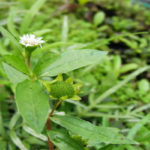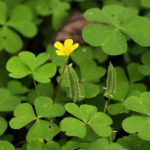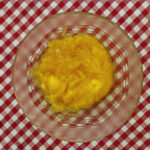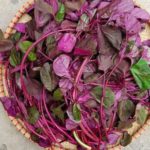Folk culture has very effective traditional remedies for treating acne, pustules, and ulcers. If you are suffering from acne or have pustules on your face, try following the experiences of the elderly. Moreover, these grasses are easy to find and grow, often found in cracks in walls, roadsides, fences, and even under flower pots.
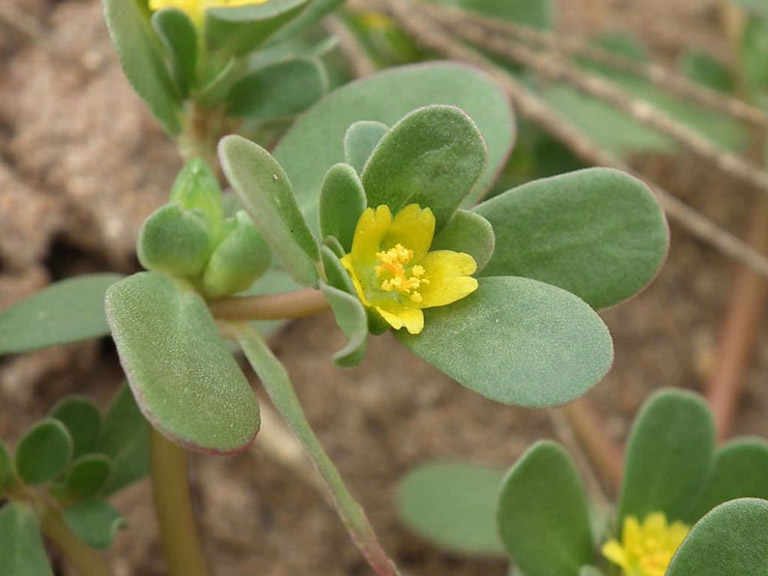
Purslane
Purslane has a sour taste, cool nature and natural antibacterial properties. Nowadays, purslane is sold in vegetable stores for eating. Purslane has good antibacterial properties, so folk experience uses purslane to naturally treat diseases in fish without using antibiotics. Folk experience also recommends purslane as a good solution for brightening the skin by killing bacteria. Moreover, purslane can be used both internally and externally, meaning you can eat and drink purslane as well as use it as a face mask.
Purslane also helps cool down body heat and cleanse intestinal parasites very well. Therefore, when you have acne, you can add purslane to your meals by cooking it in soup or making salads. At the same time, you can grind it to extract the juice for drinking and use it as a face mask.
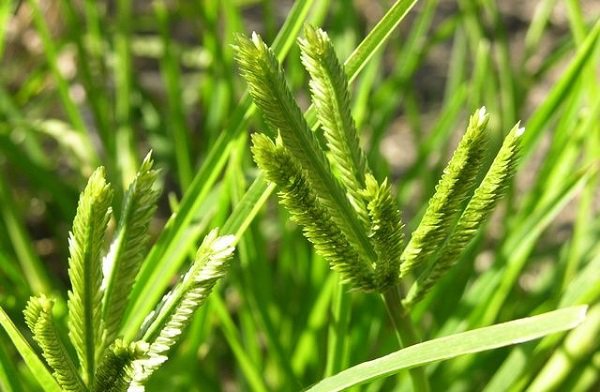
Pennywort
Pennywort usually grows at the base of trees and along roadsides. Pennywort is a very good ingredient for natural facial cleansers and shampoos. Pennywort is a folk remedy used to treat acne, especially for people with cystic acne, pustules, ulcers, and long-lasting dark acne scars. The way to use pennywort is to wash it thoroughly, then boil it and let it cool before using it for face washing and bathing. You can also use it for facial steaming to cleanse the face.
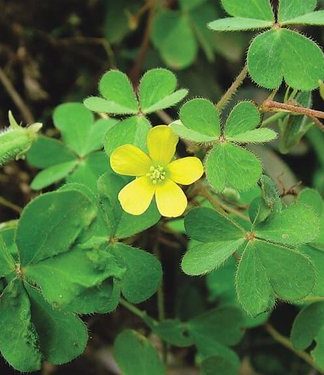
Sorrel
Sorrel with yellow flowers is easy to grow in cracks in walls, empty lots, and the base of ornamental plants. This plant grows easily, so you can find it anywhere, even on the sidewalks. Sorrel has a sour and slightly bitter taste, which helps cool down body heat and detoxify. You can use sorrel as a sour flavor in dishes, grind it to extract the juice for drinking, and also use it as a face mask.
























